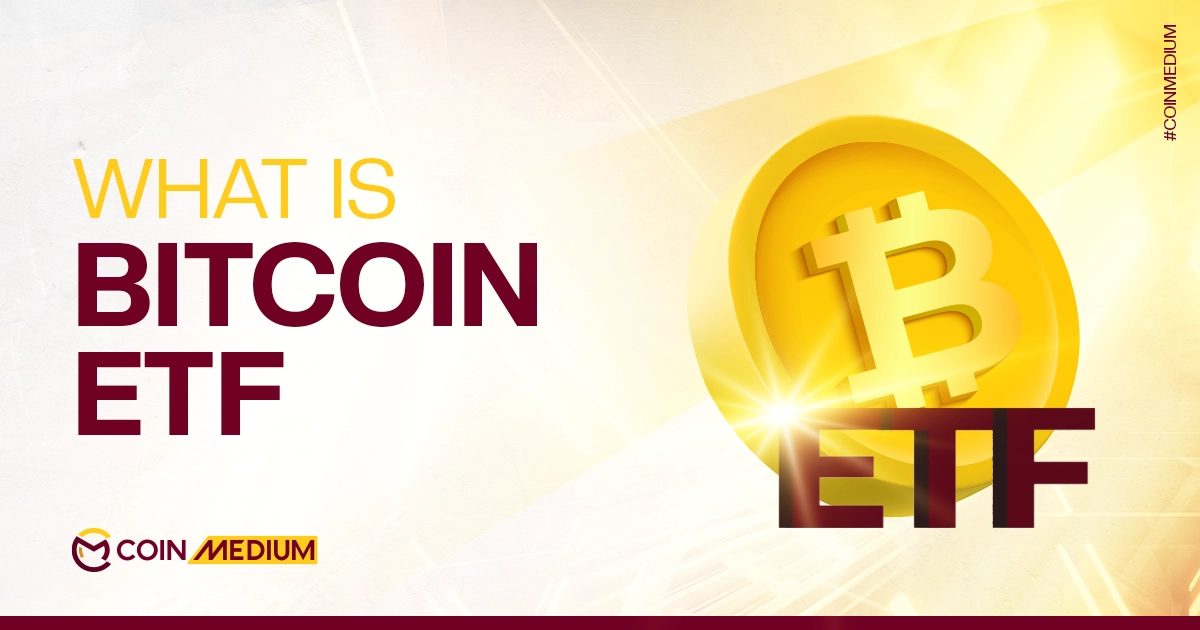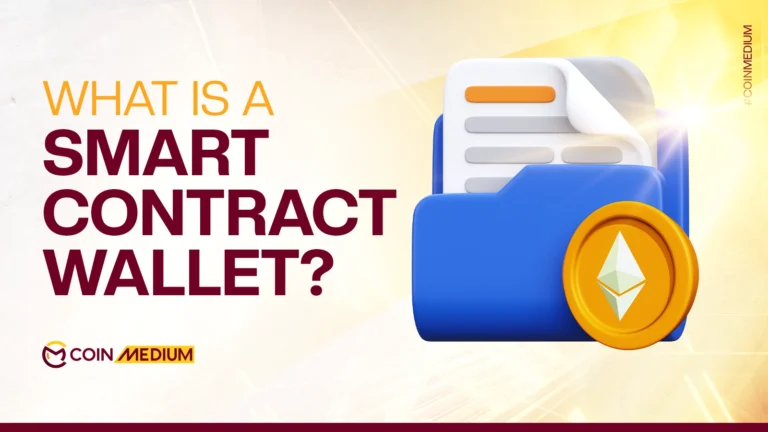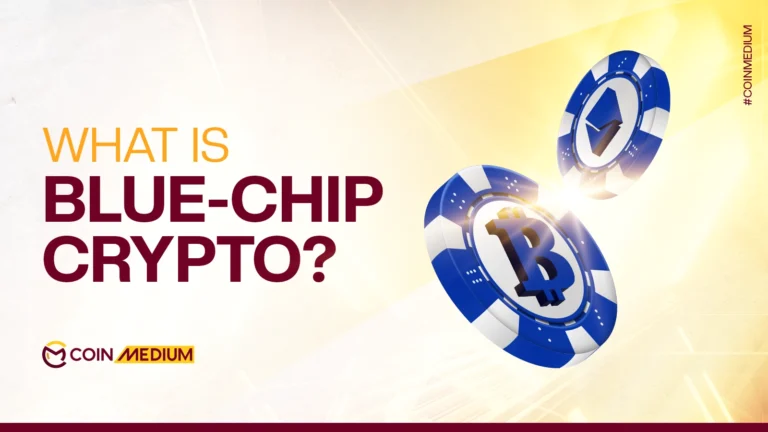Bitcoin used to sound like a crazy internet idea. People talked about it in forums and tech meetups, but banks didn’t care. That picture has changed. Today, Bitcoin is on the radar of Wall Street, regulators, and even pension funds. One reason is the arrival of Bitcoin ETFs, which gave investors a simpler path in, no wallets, no passwords, no fear of losing coins on an exchange hack.
To be clear, an ETF isn’t a new invention. It’s been around for decades, letting investors follow the price of gold, oil, or even the S&P 500. A Bitcoin ETF works in the same spirit: it tracks Bitcoin’s price but trades on regular stock markets. You just buy and sell it like a share. For people who find crypto too technical, this feels much easier.
At the same time, the rise of Bitcoin ETFs says something bigger about finance. It shows that crypto and traditional markets are no longer separate worlds. In the next part, we’ll unpack what an ETF is, what Bitcoin itself represents, how a Bitcoin ETF works, and which ones have become the most talked about.
So, what even is Bitcoin?
You must have heard the name, but what is it, really? Let’s cut through the hype.
Forget everything you know about dollars or euros for a second. Imagine if you could email a $20 bill directly to a friend. Not a bank transfer, but the actual, digital thing itself. That’s the core idea behind Bitcoin. It’s digital cash.
Now, the magic is how it pulls this off without a bank in the middle. Instead of a company like Visa keeping the books, Bitcoin runs on a global network of computers. Every transaction is recorded on a massive, shared public ledger that anyone can check. They call this ledger the “blockchain,” which is just a fancy word for a list that everyone agrees on. This makes the whole thing pretty transparent and tough to cheat.
What is an ETF?
“Exchange-Traded Fund” sounds intimidating, like something you’d need a Wall Street badge to understand. But in practice, it’s not that scary.
Picture yourself in a supermarket. You could grab carrots, onions, broth, and spices one by one, then go home and cook everything from scratch. Or, you could just take a can of soup off the shelf that already has all those ingredients inside. That’s the shortcut.
An ETF works a lot like that can. Instead of you buying dozens of stocks or assets separately, something that can take time, money, and effort, a financial firm bundles them together into one product. Maybe it’s all the companies in the S&P 500, maybe it’s a basket of tech stocks, or even physical gold. You don’t need to shop around; it’s all mixed for you.
Here’s the best part: you don’t need a special platform to get in. Shares of that fund are traded on regular stock markets, just like Apple, Tesla, or Coca-Cola. You buy it the same way you’d buy any other stock.
What is a Bitcoin ETF?
A Bitcoin ETF is simply a fund that follows the price of Bitcoin but trades on the stock market. Instead of buying Bitcoin directly on a crypto exchange, you just buy shares of the ETF through a normal brokerage account. When Bitcoin’s price moves, the ETF usually moves in the same direction.
The big difference is convenience. No digital wallets. No private keys. No worrying about hacks. It feels like buying any other stock or fund, which is why big institutions and cautious investors prefer it. In short, it’s Bitcoin dressed in a suit and brought into Wall Street.
Well-Known Bitcoin ETFs
- BITO (ProShares Bitcoin Strategy ETF) – the first Bitcoin futures ETF in the U.S., launched in 2021.
- BTF (Valkyrie Bitcoin Strategy ETF) – another U.S. futures ETF that came shortly after.
- XBTF (VanEck Bitcoin Strategy ETF) – managed by VanEck, also futures-based.
- BTCC (Purpose Bitcoin ETF, Canada) – the first spot Bitcoin ETF in the world.
- IBIT (BlackRock’s iShares Bitcoin Trust) – BlackRock’s spot Bitcoin ETF, now one of the biggest.
- GBTC (Grayscale Bitcoin Trust) – converted into a spot ETF after years as a trust.
- FBTC (Fidelity Wise Origin Bitcoin Fund) – Fidelity’s entry into the spot Bitcoin ETF race.
Now you know everything about Bitcoin ETF. May you have any questions left, we’ll be there to answer them!







